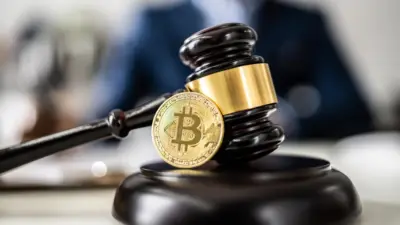The SEC has sued Elon Musk for delaying the disclosure of his 5% stake in Twitter, violating federal securities rules. Musk’s late filing occurred 11 days past the deadline, preceding his $44 billion acquisition of Twitter in October 2022.
An SEC lawsuit was filed against Elon Musk in federal court on January 14 by the US Securities and Exchange Commission (SEC). The SEC says Musk failed to properly reveal that he bought more than 5% of Twitter (now X) shares before buying the social media company.
The lawsuit says Musk began buying Twitter shares in early 2022 and surpassed the 5% mark in March.
This meant that he had to legally tell the SEC about his interests within ten days, as required by federal securities laws. The SEC said that Musk didn’t meet this duty until April 4, 2022, which is eleven days later than planned.
In October of that year, Musk bought Twitter for $44 billion and changed its name to X.
The SEC says that Musk’s failure to reveal his ownership stake let him buy more shares at incredibly low prices because the market didn’t know what he owned or what he planned to invest in.
According to the lawsuit, Musk paid less than $150 million for the shares he bought during this time when they weren’t public.
“Musk’s violation resulted in substantial economic harm to investors selling Twitter common stock between March 25, 2022 and April 1, 2022,” the SEC states in the complaint. “Those investors, unaware that Musk had accumulated more than five percent of Twitter common stock and unaware of Musk’s overall investment purpose, sold their shares at artificially low prices because the market had not yet priced in this material information.”
The securities and exchange commission wants a court order that Musk give back the money he got illegally, pay a fine, and be forever banned from breaking securities laws again.



